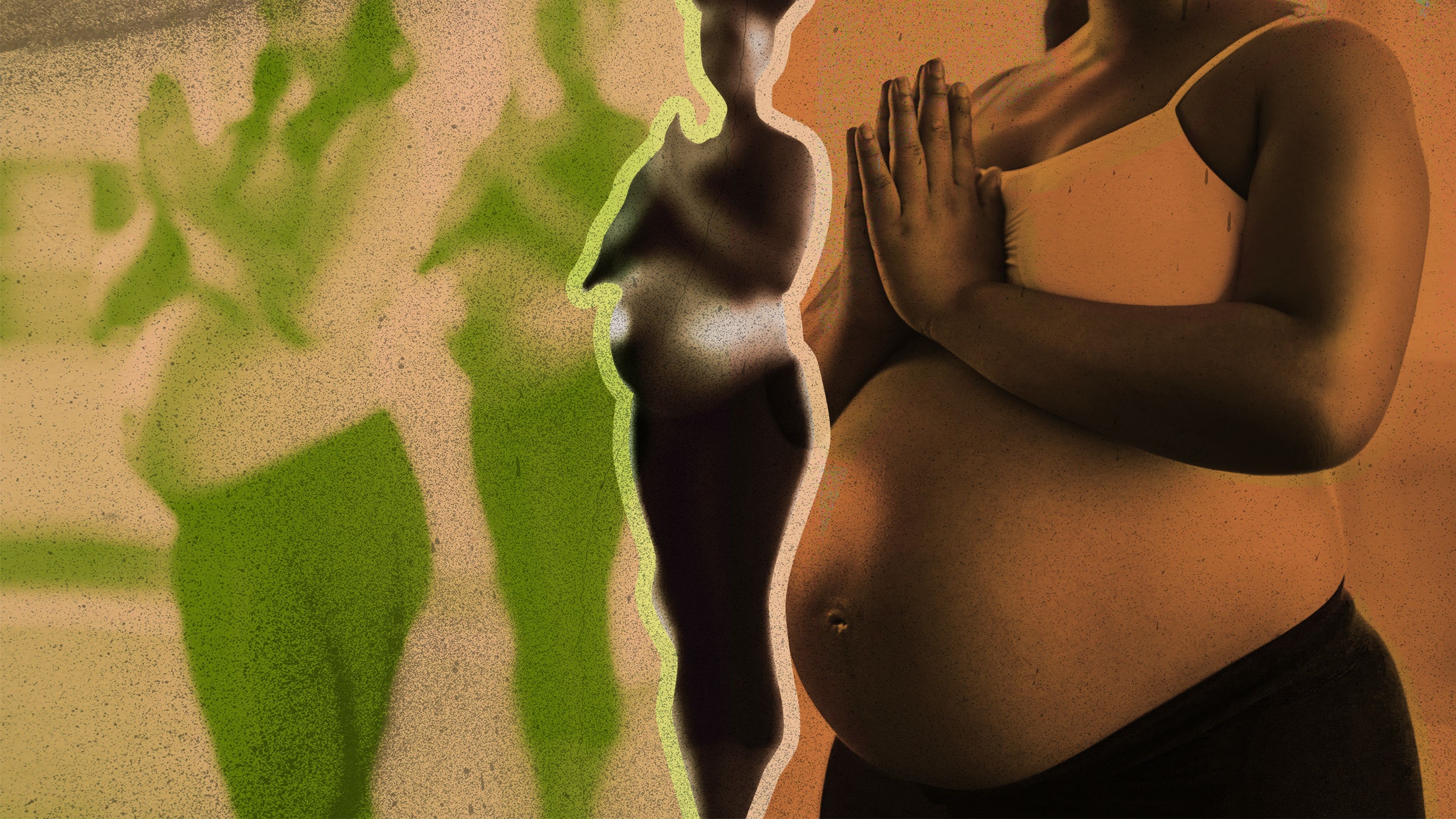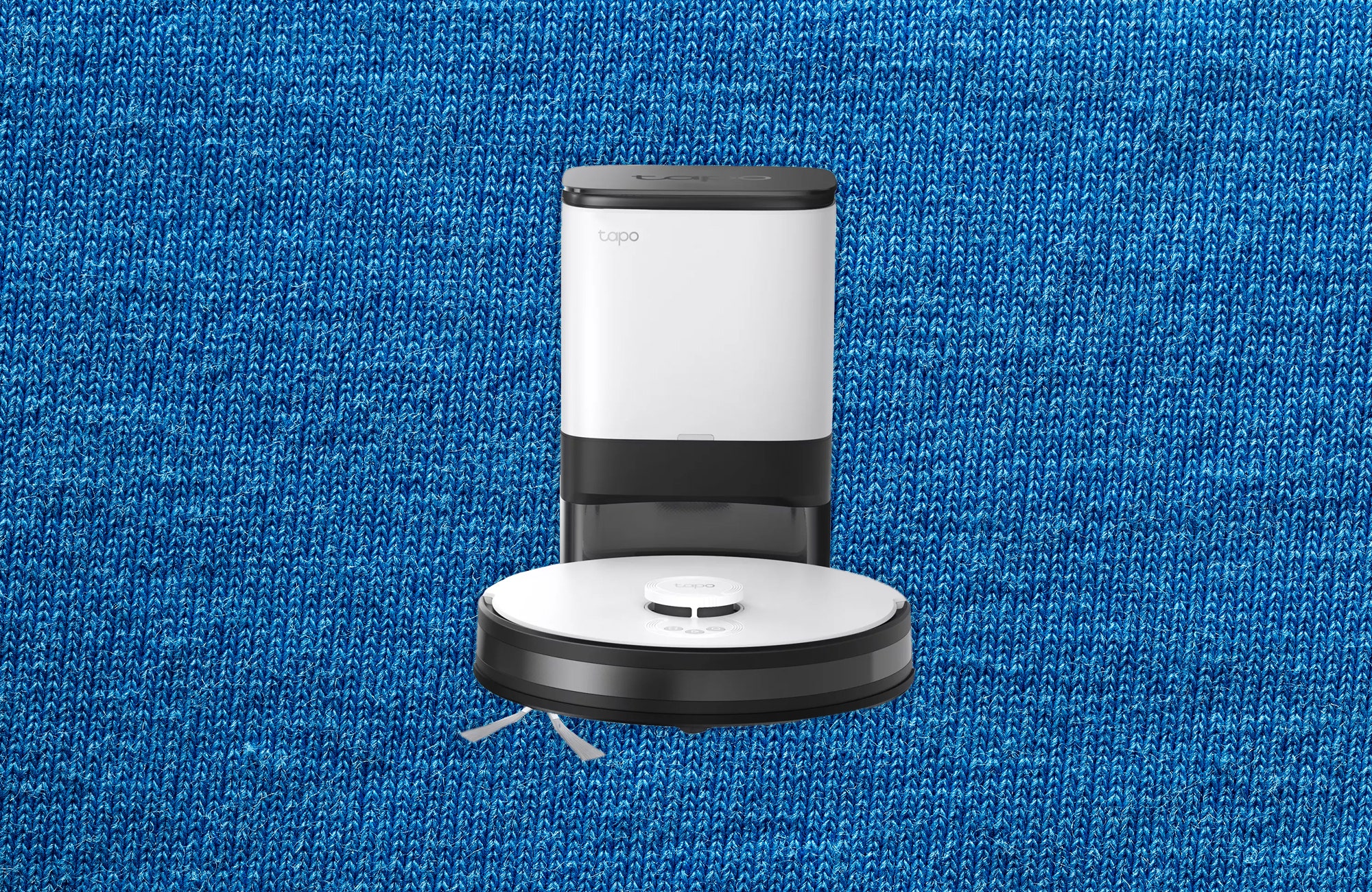Inequality Is a Health Risk—and It’s Getting Worse
Inequality Is a Health Risk—and It’s Getting Worse
Inequality is not just a social issue—it also poses a serious health risk. Studies have shown that people living in poverty or…

Inequality Is a Health Risk—and It’s Getting Worse
Inequality is not just a social issue—it also poses a serious health risk. Studies have shown that people living in poverty or facing discrimination are more likely to suffer from chronic diseases, mental health disorders, and other health problems. This is due to a combination of factors, including limited access to healthcare, unhealthy living conditions, and chronic stress.
Unfortunately, inequality in health outcomes is only getting worse. The gap between the rich and the poor is widening, making it even harder for marginalized communities to access the care they need. Factors such as systemic racism, lack of affordable housing, and limited educational opportunities all contribute to the disparities in health outcomes.
Research has also shown that the COVID-19 pandemic has exacerbated existing health inequalities. Low-income communities and communities of color have been disproportionately affected by the virus, highlighting the need for systemic change to address the root causes of these disparities.
Addressing health inequalities requires a multi-faceted approach. Policymakers must focus on improving access to healthcare, promoting economic and social equity, and addressing the underlying social determinants of health. Only through systemic change can we hope to reduce the disparities in health outcomes and create a more equitable society for all.
It is clear that inequality is not just a moral issue—it is a public health crisis. By working together to address the root causes of health disparities, we can create a healthier and more just society for all.







